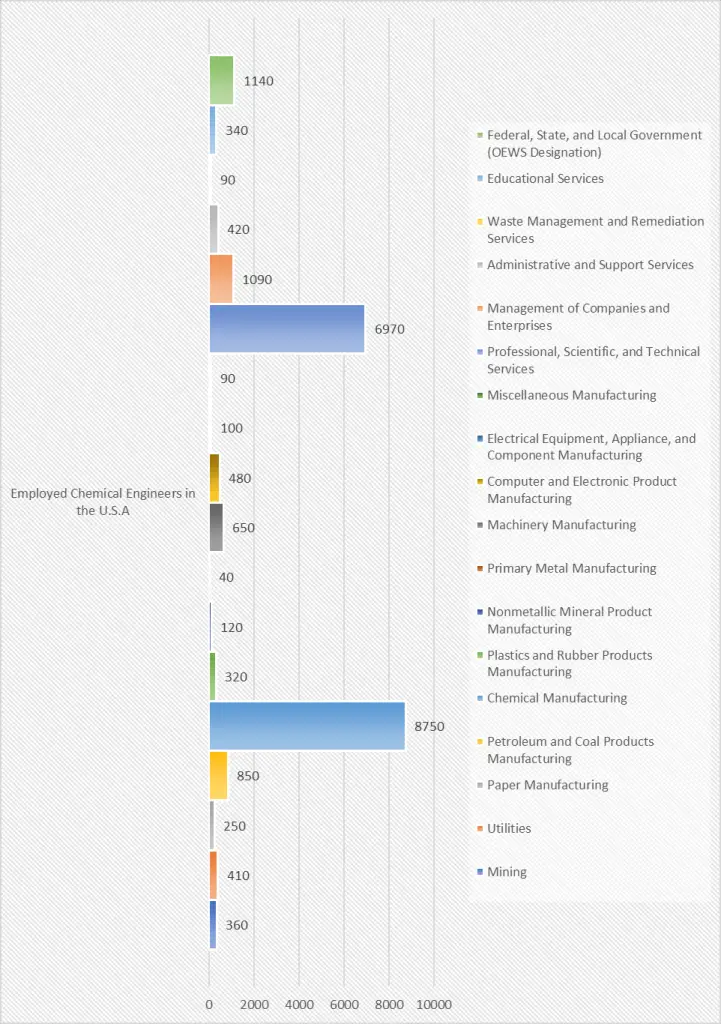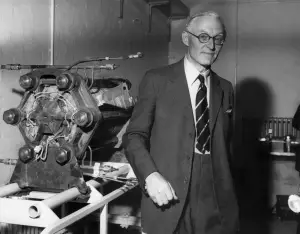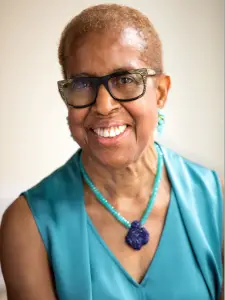
Chemical Engineering is considered the most the most complex, yet most versatile discipline of engineering. It applies the scientific principles of thermodynamics, physical chemistry, momentum, heat, and mass transfer, chemical process industries, and other elective courses in food & beverage, biotechnology, energy, management, safety, and environment.
Chemical engineers are heavily involved in industrial processes at every step of the way from raw materials to end products. They are responsible for ensuring process parameters are at their optimum conditions to deliver high-quality products to consumers.
Chemical engineering is a holistic discipline, hence, chemical engineers can be found working in every industry. Check out this article to find out if chemical engineering is right for you!.

Here are some of the famous chemical engineers that have left their legacies, and are continuing to make an impact on the world:

The first chemical engineer was George E. Davis — the ‘Father of Chemical Engineering’. Aside from coining the term ‘chemical engineering’, he also designed the first course in chemical engineering in 12 lectures at the University of Manchester.

Arthur Dehon Little, an American chemist and chemical engineer, is eternally honored for introducing the concept of ‘unit operations’. His immense contribution paved the way for the development of the chemical engineering course at MIT in 1920.
He is also one of the key founding members of the American Institute of Chemical Engineers (AIChE) in 1908. Indeed, he is more than his namesake management consulting firm.
There are a handful of textbooks that chemical engineers around the world collectively recognize, but none will be more iconic than Perry’s Chemical Engineer’s Handbook.

Commissioned by McGraw-Hill, John H. Perry was the original editor of the first 3 editions of the handbook. When he passed away, his son, Robert H. Perry, took over as editor for the 4th and 5th editions. However, when R. Perry passed away from a tragic accident, Donald W. Green took over, who was John H. Perry’s Ph.D. student.
Currently, there are 9 editions of the handbook. Several years of collective knowledge passed on across different generations of chemical engineers around the world.

A chemical engineer from the Columbia University, Gaden is known as the ‘Father of Biochemical Engineering’. He wrote a dissertation paper explaining the scientific process of penicillin production. After working shortly as a researcher at Pfizer, Inc., he spent the rest of his career as an educator at Columbia University — where he established the biochemical engineering program.

Pauling is the only scientist to have received solely two Nobel Prizes:
Aside from being a chemical engineer, Pauling is also a chemist, activist, and author.

Steinberger shared a Nobel Prize in Physics in 1988 with Melvin Schwartz and Leon Lederman, for their work on the first experiment that led to the discovery of muon neutrino. Although Steinberger is a chemist, he has also spent 2 years at Illinois University studying chemical engineering.

Frances Arnold shared a Nobel Prize in Chemistry in 2018 with George P. Smith and Sir Gregory P. Winter for their discovery of the direct evolution of enzymes. She holds a doctorate degree in chemical engineering from CalTech, where she holds the title — Linus Pauling Professor of Chemical Engineering, Bioengineering, and Biochemistry.

Victor Mills was the chemical engineer for Proctor & Gamble who invented Pampers, the first disposable diapers. Aside from that, he has also improved the company’s manufacturing processes for Ivory soap, Duncan Hines cake mixes, Jif peanut butter, and Pringles.
For all his contributions, Proctor & Gamble created an honorary society for their engineers under his namesake — Victor Mills Society.
Rotheim is a Norweigan chemical engineer who invented the first aerosol spray can in 1926 that can hold and dispense fluids.

It didn’t gain commercial popularity until the patent was sold to a U.S. company in the 1940s. His design was improved, particularly the spray head design, by new generations of innovators.
Urry was the Canadian chemical engineer who invented the alkaline and lithium batteries when he was working for Eveready. About 80% of dry-cell batteries around the world today were based on Urry’s groundbreaking contribution.

Francis Bacon is known as the ‘Father of Hydrogen Fuel Cell’ as he invented the fuel cell for the Apollo Moon Project in the 1960s. Today, hydrogen fuel cells are a good source of clean energy as we move towards a more sustainable world.

With over 1,400 patents, Robert Langer is one of the most cited researchers for his contribution to the field of biotechnology. He was also awarded the Queen Elizabeth Prize for Engineering in 2016. He is an American chemical engineer and currently one of the 12 Institute Professors at MIT.
According to Zippia’s database of 30 million profiles in 2021, there are 20,103 employed chemical engineers in the U.S. — only 25.9% of which are women. Despite being the minority, it didn’t stop the following female chemical engineers from succeeding in their careers.

Rousseau was the first woman with a doctorate degree in Chemical Engineering from MIT in 1937. She was also the first female member of the American Institute of Chemical Engineers (AIChE). Most importantly, she designed the first commercial penicillin production plant.

Hicks was the first female chemical engineer in Western Electric Company. She’s not just a chemical engineer, but an electrical engineer and physicist as well. She co-founded the Society of Women Engineers in 1950 and soon became its first President.

Mae Jemison is a chemical engineer from Stanford, a physician, and the first African-American woman in space on the Space Shuttle Endeavour in 1992.

Abron was the first African American woman to earn a Ph.D. in chemical engineering in 1972 from the University of Iowa. Today, she dedicates her career to helping build energy-efficient homes in South Africa.
Since chemical engineers also learn about management, it wouldn’t be a surprise to know that they are also business leaders. Some role models are Roberto Goizeuta of Coca-Cola, David J. O’Reilly of Chevron, Andrew Grove of Intel, and Lee Raymond of ExxonMobil.
The majority of the chemical engineers are White, followed by Asians, Hispanic/Latino, and then Black/African-American. Aside from Mae Jemison and Lilia Ann Abron, there is also Charles Pierce who is recognized as the first African-American chemical engineer in the U.S.